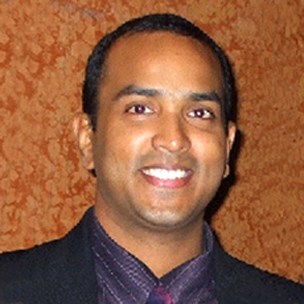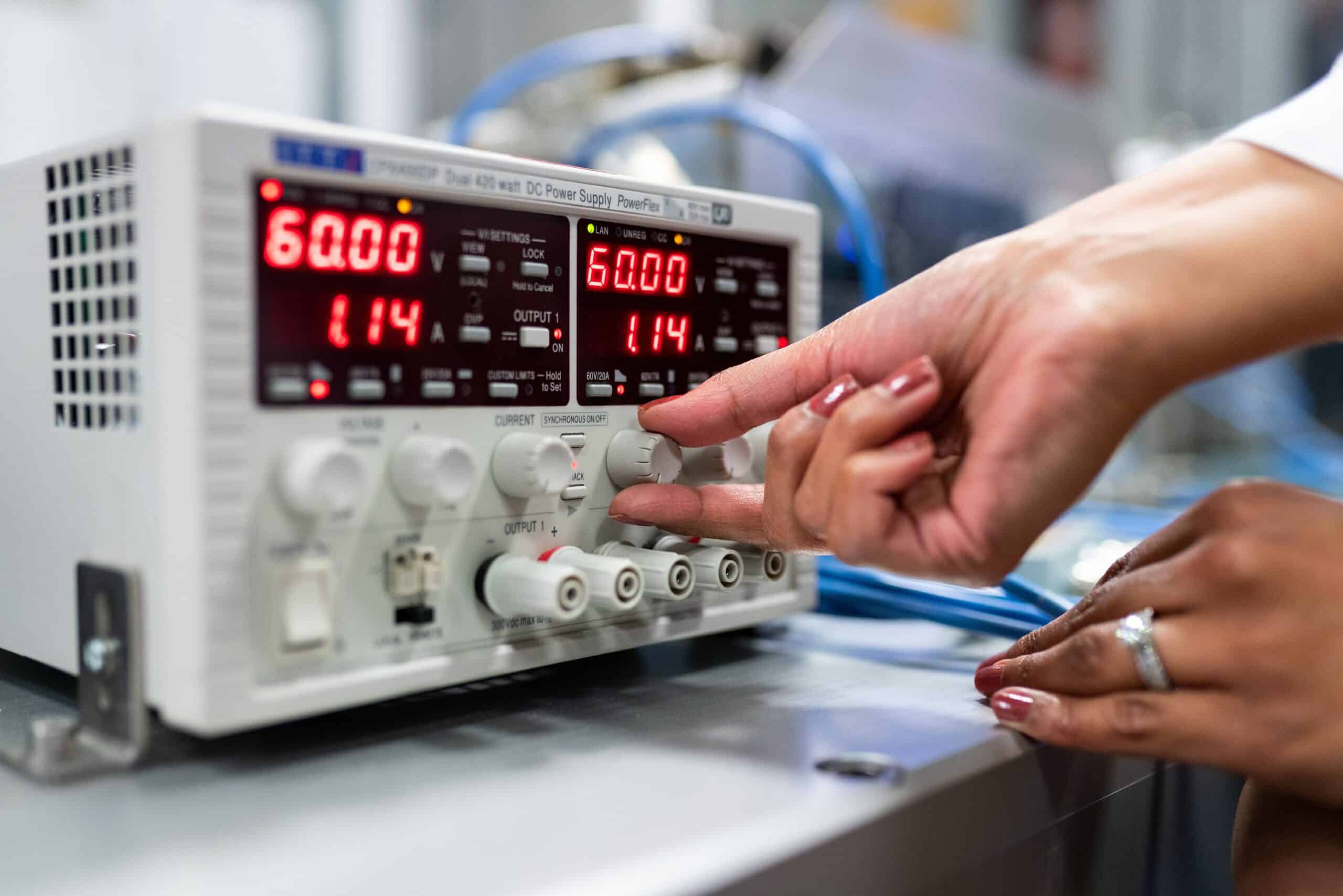Name: Dr. M. Benjamin Dias MIMA
Job Title: Research Scientist
Organisation: Unilever UK
Number of years in current position: 4.5 years
Qualifications: PhD in Computer Science (University College London)
Developed a view-invariant human facial expression recognition system by combining multi-view geometry and statistical shape modelling
M.Sci. in Mathematics & Astronomy (University College London)
Received First Class Honours and a Dean’s Commendation
What stimulated your interest in maths, and when?
I was born and raised on the tropical island of Sri Lanka, where I studied in a local school (St. Joseph’s College, Colombo 10) up to the completion of my local A Level Exam. Both of my parents were Mathematics Graduates from the University of Colombo, and so I was always encouraged to explore Mathematics. From a very young age, I took a liking to Maths because I seemed to be good at it. Mathematics was logical, interesting, challenging, very useful, and best of all didn’t require a lot of memorizing. This was great, because I wasn’t very good at memorizing things. Mathematics is also all about solving problems, and I always loved a challenge. So I loved Maths, from the very beginning.
What influenced your career choice?
I left home and flew over to the UK following success in my A Level exam in the Mathematics stream, as I received a scholarship to take on an undergraduate degree in Mathematics at University College London. I thoroughly enjoyed my time at University and continued studying for a fourth year towards an undergraduate Masters (MSci) instead of a Bachelors Degree (BSc). I was fascinated by my Masters project, for which I was able to code-up a computer program that utilized statistical modelling techniques in order to recognize human facial expressions from face images. This involved solving algebraic equations in order to be able to program the answers into the computer program. This combination of Mathematics and Computer Science to achieve something new was exhilarating. From the moment I completed that project I knew I wanted to pursue a career in Research, as I prefer to be working on new projects and ideas in stead of performing routine tasks. I also knew that I wanted to pursue research at the intersection of Mathematics and Computer Science.
However, I wasn’t sure if I wanted to be an academic or industrial researcher. Therefore, I jumped at the chance, when I was fortunate to secure a 6-month student-placement at Unilever’s research laboratory in Bedfordshire. This appointment was extended to 9-months, and I completely enjoyed the opportunity to apply Mathematics to real-world problems. I then went back to UCL, partly-funded by Unilever, to study towards a PhD in Computer Science. As part of my PhD I successfully incorporated Multi-View Geometry into my Masters project, in order to develop a view-invariant human facial expression recognition system, which uses a single input image of the face.
Having sampled Industrial Research (during my student-placement) and Academic Research (during my PhD), I was able to compare the two and decided that I preferred Industrial Research as it gave me more opportunities to apply my work to real-world problems. I have also always preferred Applied Mathematics over Pure Mathematics. Therefore, having successfully completed my PhD, I went back to Unilever and was fortunately offered a job as a Research Scientist in the field of advanced Mathematical Modelling.
Could you briefly describe the organisation you work for?
Unilever is a well-known Fast Moving Consumer Goods (FMCG) / Consumer Packaged Goods (CPG) company that manufactures food (Flora, Hellman’s, Knorr, etc.), home care (Domestos, Cif, Persil, etc.) and personal care (Dove, Impulse, Lynx, etc.) items. Unilever has research laboratories around the globe, which employ over 6,000 people working in Research and Development. I work as a Research Scientist in the Unilever Discover Organization, where my main task is working out how and where mathematics may be used within Unilever to add value to the Business.
Could you explain what you do on an average day at work & what you like most about your job?
I’m always on the lookout for new mathematical techniques developed by researchers around the world, and trying to work out how these techniques may be useful to Unilever, either now or in the future. For this, I search the internet, read journals and magazines, and travel around the world to meet up with various experts both in academia and industry. But what I love most about my job is that I also get to spend a lot of time researching and developing new mathematical techniques and models to solve problems that can’t be solved by existing techniques and models. I lead a team of internal and external research scientists and we work together to find solutions to problems that Unilever faces. Coming up with new ideas to solve interesting problems is very exciting, and I love my job because everyday is different.
Which skills do you consider to be essential for your job?
Critical thinking, analytical skills, scientific writing, people and project management are all essential skills for my job. Furthermore, a solid and all-round Mathematical background, along with a passion for, and ability to learn new techniques and skills are the bare necessities for my job. However, all of this will amount to nothing without the ability to explain mathematical concepts to non-mathematical people.
Is there any advice you may have for other individuals considering your career path?
If you think you want to have a career in Research, then you first need to figure out if you like theoretical or applied research. If you are more into theory, then an academic research career is probably more suitable and you should pursue an MSc followed by a PhD, and then proceed with Postdoctoral placements.
If you are more into applied research then I would advice you to follow the path I took. First complete an MSc, then take-up a short (no more than one year) Student Placement in Industry to make sure industrial research is the thing for you. However, you should definitely go back to University to complete a PhD. Keep in mind that once you start earning money, it’s hard to get back to ‘Student’ status. So it’s important to keep the Industrial placement short and to keep your eyes firmly on your PhD. Towards the end of your PhD, you should have an idea of whether you prefer an industrial research career or an academic one. A PhD will take you an extra 3-4 years, but it’s definitely worth it, and in most cases it does help you get further quicker. Also some research groups, such as the one I work for, rarely recruit anyone without a PhD.
What are your future career plans?
I hope to continue to work for Unilever for quite a while longer, further promoting the use of new and exciting Mathematical techniques in order to add value to the Business. Later on in my career, I may consider going back to academia, especially if I am fortunate enough to be offered a job as a Professor in an applied Mathematics field.






